The heat has subsided, and the cool autumn is coming to us. In this cool weather, if we can choose green tea, black tea, or kombucha according to our own physical condition and preferences, we can achieve the purpose of health care, cultivating temperament, enjoying pleasure, and prolonging life. Here are several traditional Chinese herbal tea recipes.
1. Moistening Tea Recipe: 5 green fruits (crushed), 6g dendrobium, 6g chamomile, 5 water chestnuts (peeled), 9g ophiopogon, 2 fresh reed roots (chopped), 9g mulberry leaves, 6g bamboo shavings, 10 lotus root slices, 2 pineapples (peeled).
Effect: Moistens the mouth and nourishes yin, clears heat and moisturizes dryness. It treats symptoms of dry mouth, sore throat, thirst, and dry cough caused by autumn dryness. It also treats excess heat in warm diseases, scorching the lung and stomach yin, dryness and thirst in the mouth, coughing up white foam, and sticky discomfort.
Usage: Brew and drink as a tea.
2. Mulberry Almond Tea Recipe: 9g mulberry leaves, almonds, sand ginseng, fritillaria, and black beans, 6g gardenia, 30g pear skin.
Effect: Mildly dispels dry heat, moistens the lungs and stops coughing. It treats dry cough without sputum, headache, and fever caused by dry weather in autumn.
Usage: Brew with water and drink as a tea.
3. Radish Tea Recipe: 100g white radish, 5g tea leaves.
Add a small amount of salt, first slice the white radish and cook until soft, season with a little salt (do not use MSG), then brew the tea leaves for 5 minutes and pour into the radish juice to drink. Take it twice a day regardless of time.
Effect: It has the function of clearing heat, resolving phlegm, regulating qi, and appetizing. It is suitable for cough with excessive phlegm and loss of appetite.
White radish is rich in nutrients, contains calcium and has medicinal value. It can clear lung heat and dissolve phlegm when combined with tea. Adding a little salt can not only season the radish, but also clear lung inflammation.
4. Tremella Tea Recipe: 20g tremella, 5g tea leaves, 20g rock sugar.
First, wash the tremella and cook it with water and rock sugar (do not use refined sugar). Then brew the tea leaves for 5 minutes, take the juice and pour it into the tremella soup, stir well and drink.
Effect: It nourishes yin, reduces fire, moisturizes the lungs, and stops coughing. It is suitable for yin deficiency cough.
Tremella, when combined with rock sugar, can nourish and moisturize the lungs, stop coughing, and dissolve phlegm. When combined with tea leaves, it can clear phlegm fire and dampness, and also has anti-inflammatory effects.
5. Orange Red Tea Recipe: 3-6g orange red, 5g green tea.
Brew with boiling water and steam in a pot for 20 minutes before drinking.
Drink one dose daily at any time. It has the effect of nourishing the lungs and dissolving phlegm.
Effect: It regulates qi and stops coughing. It is suitable for autumn cough with excessive phlegm and sticky and uncomfortable coughing. Orange red promotes qi circulation and stops coughing. Tea leaves have antibacterial and anti-inflammatory effects. The combination of the two is more effective in treating cough with excessive phlegm that is sticky and difficult to expectorate.
1. Sugar Tea. 2g tea leaves, 10g sugar. Brew with boiling water for 5 minutes and drink after meals. Drink one cup daily after meals. It has the effect of warming the stomach, nourishing the spleen, and invigorating the middle, and is suitable for constipation, cold pain in the lower abdomen, and menstrual pain in women.
2. Salt Tea. 3g tea leaves, 1g salt. Brew with boiling water for 7 minutes and drink 4-6 times a day. It has the effect of improving eyesight, reducing inflammation, and resolving phlegm and fire. It is suitable for colds, coughs, eye inflammation, and toothache.
3. Ginger Tea. 7g tea leaves, 10 slices of fresh ginger. Cook the peeled ginger slices with tea leaves to make juice, drink after meals. It can induce sweating, release the surface, warm the lungs, and stop coughing. It is quite effective for influenza, typhoid fever, and cough.
4. Vinegar Tea. 3g tea leaves, 1g aged vinegar. Brew the tea leaves with boiling water for 5 minutes, filter out the tea leaves, add aged vinegar, take 3 times a day. It has the effect of warming the stomach, stopping diarrhea, and dispersing stagnation. It can treat toothache, dysentery, and abdominal pain caused by roundworms in children.
5. Honey Tea. 3g tea leaves, 2ml honey. Drink one cup after meals with warm water. It has the effect of stopping diarrhea, nourishing blood, and moisturizing the lungs and kidneys. It is suitable for constipation and spleen and stomach disharmony.
6. Porridge Tea. 100g rice, 6g tea leaves. Brew the tea leaves with boiling water for 6 minutes, filter out the tea leaves, add washed rice to cook porridge. It can invigorate the stomach and dissolve accumulation.
According to modern scientific analysis and identification, tea leaves contain more than 450 beneficial chemical components for the human body, such as chlorophyll, vitamins, lipids, caffeine, tea polyphenols, polysaccharides, proteins and amino acids, carbohydrates, minerals, etc., which have good nutritional value and pharmacological effects on the human body. Tea can be used as a remedy for various illnesses:
1. Detoxification: If accidentally ingested with metal salts or alkaloids such as silver, aluminum, digitalis, quinine, iron, lead, zinc, cobalt, copper, or croton seeds, drinking strong tea can precipitate the tannic acid in tea leaves to bind with the toxic substances, delaying their absorption and facilitating rescue.
2. Treatment of bacterial dysentery: Whether it is acute or chronic bacterial dysentery, drinking strong tea has significant therapeutic effects. Pharmacological research has shown that concentrated tea extract has a significant antibacterial effect on dysentery bacillus.
3. Treatment of acute enteritis: In case of abdominal pain and diarrhea caused by unclean food, drinking a cup of strong tea can be effective. If the diarrhea continues, boiling 15g of tea leaves in water and taking it twice will have an immediate effect.
4. Treatment of biliary colic: When patients with gallstones experience acute biliary colic
| 1 2 > >> >>|




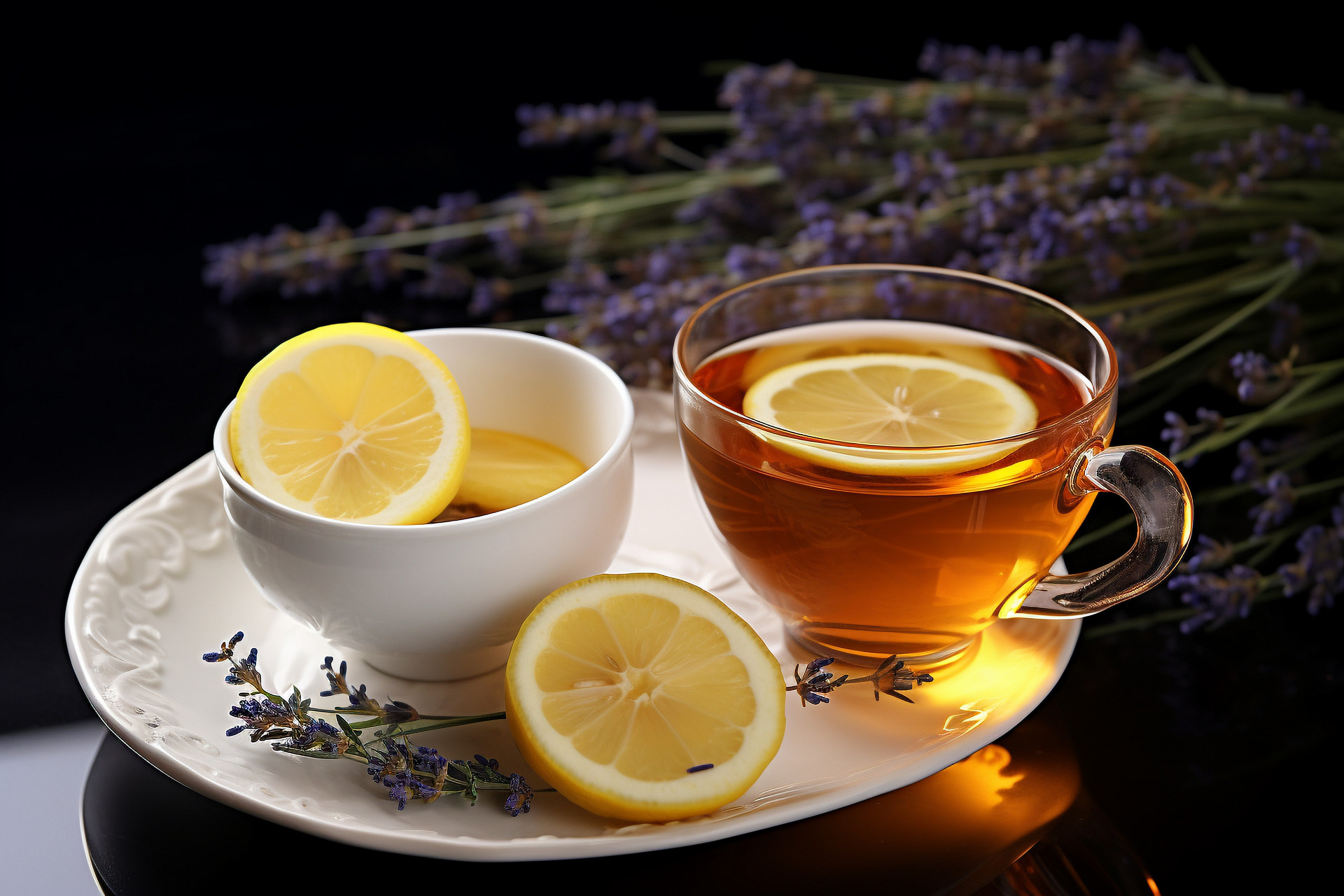
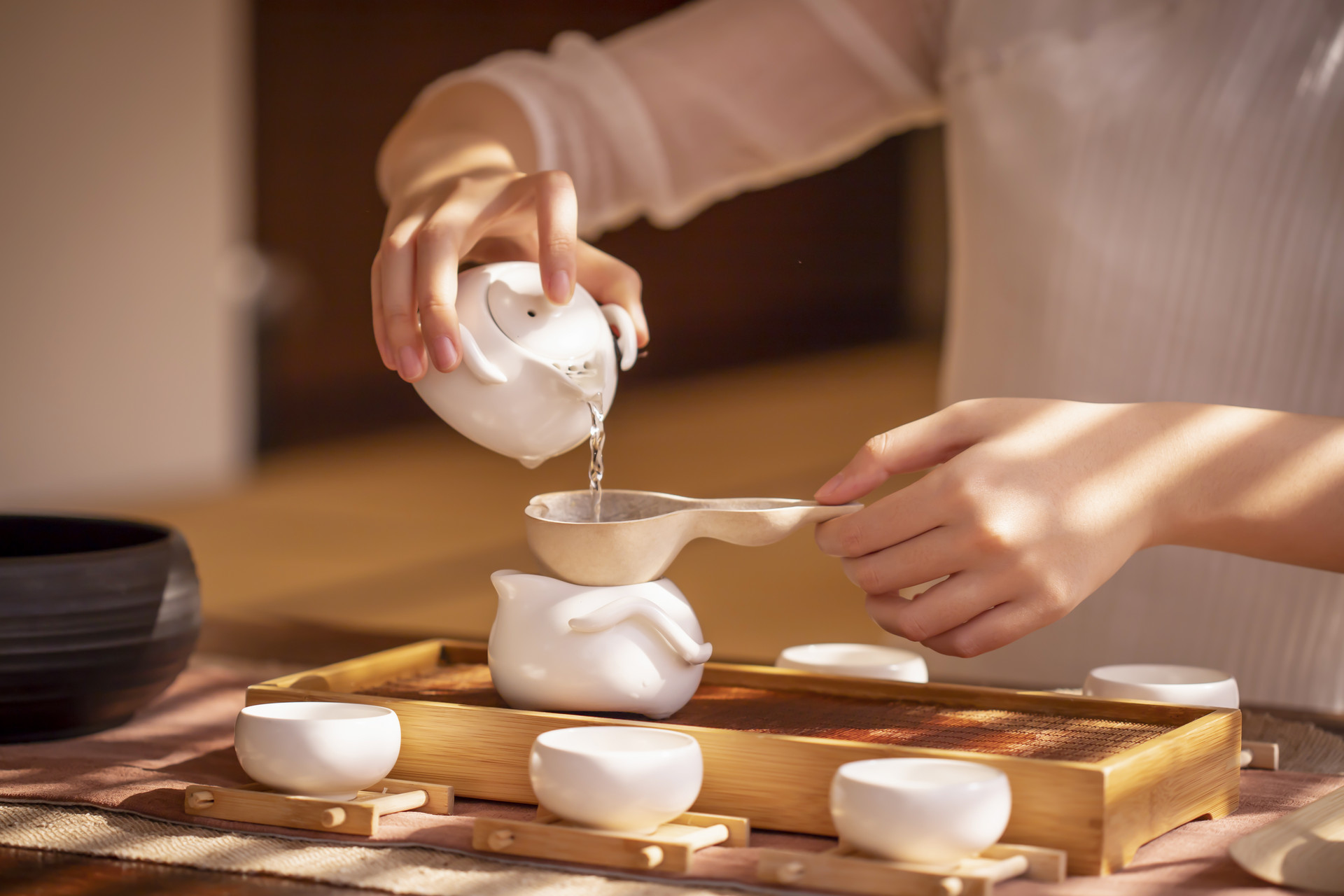
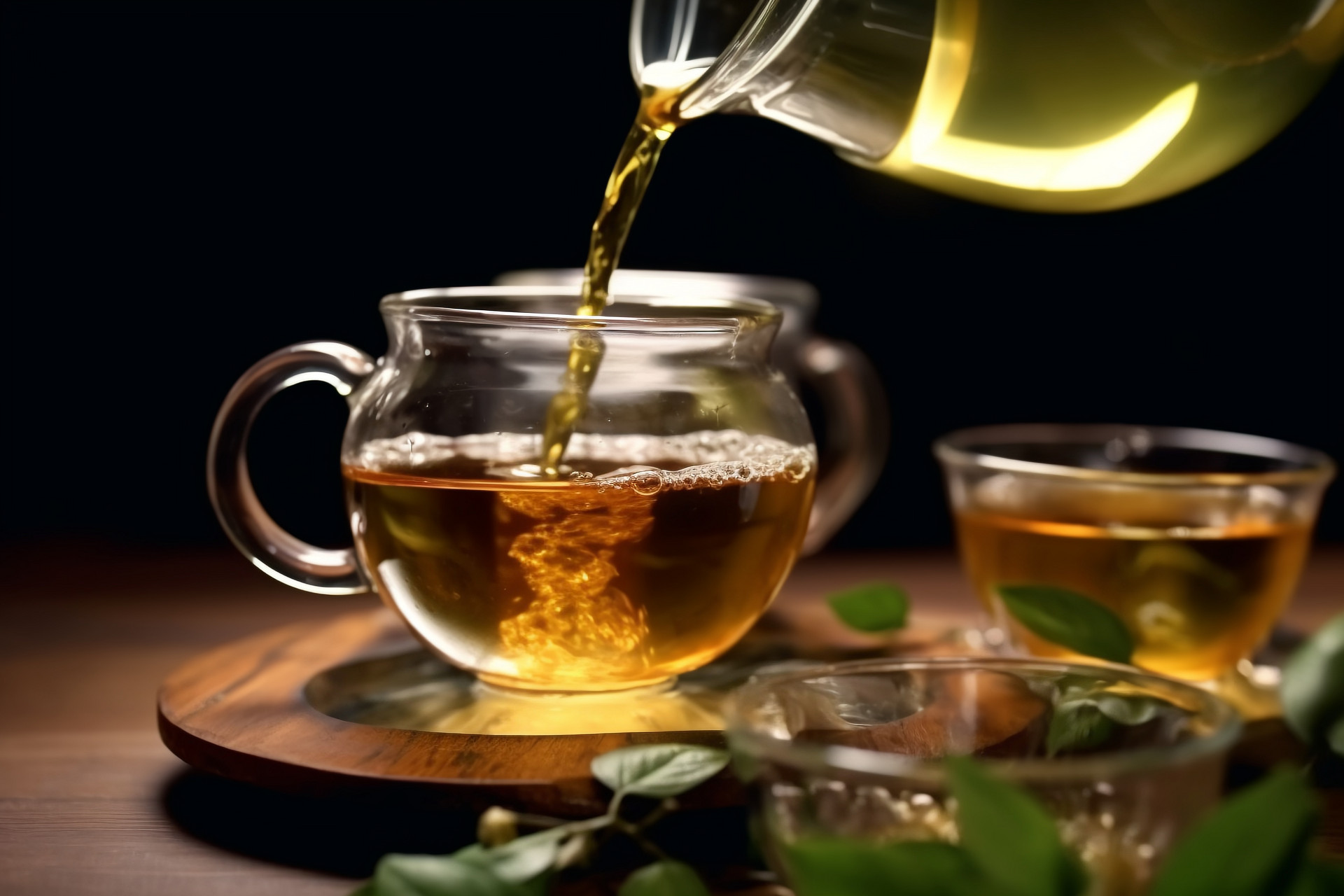

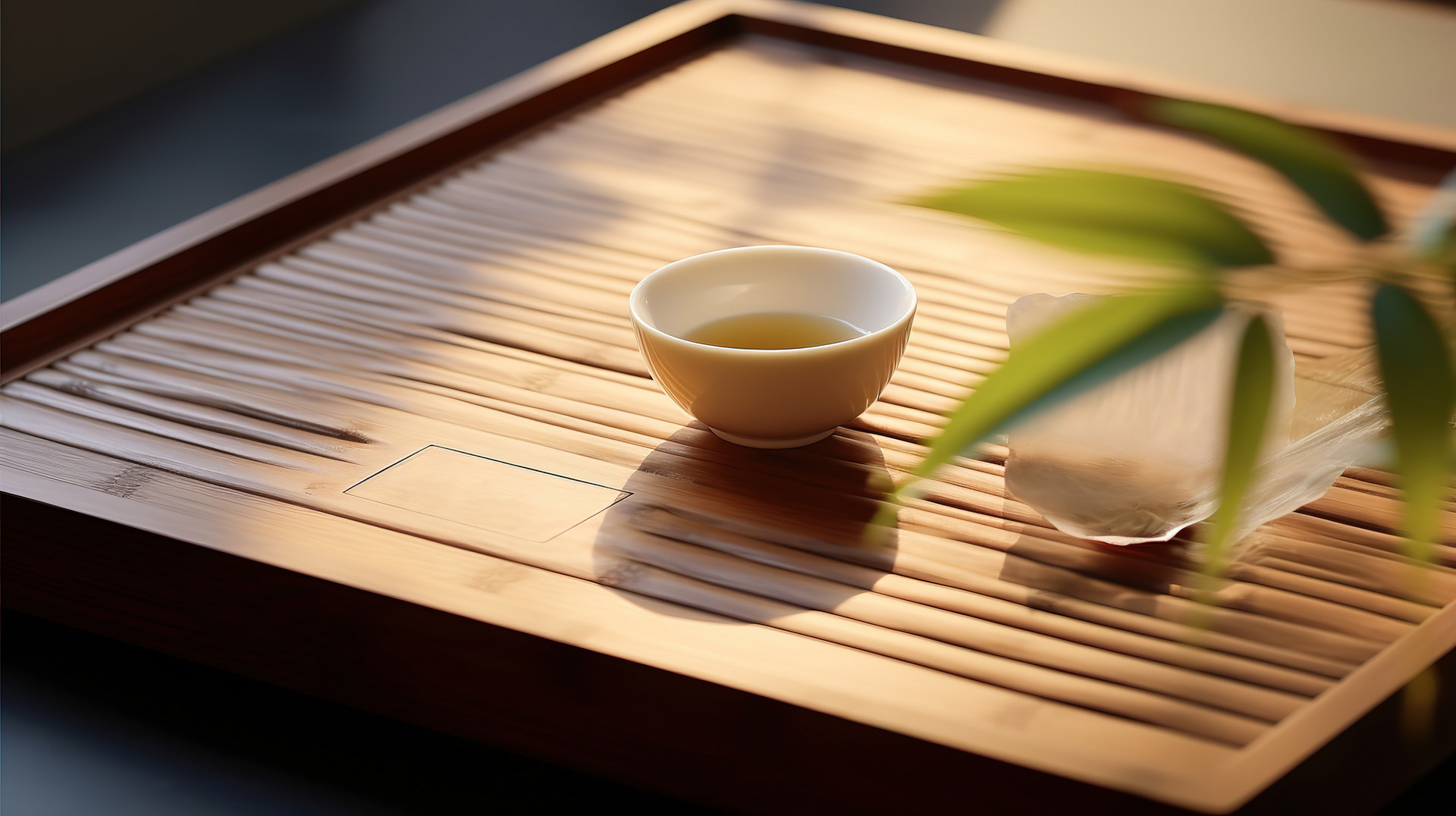
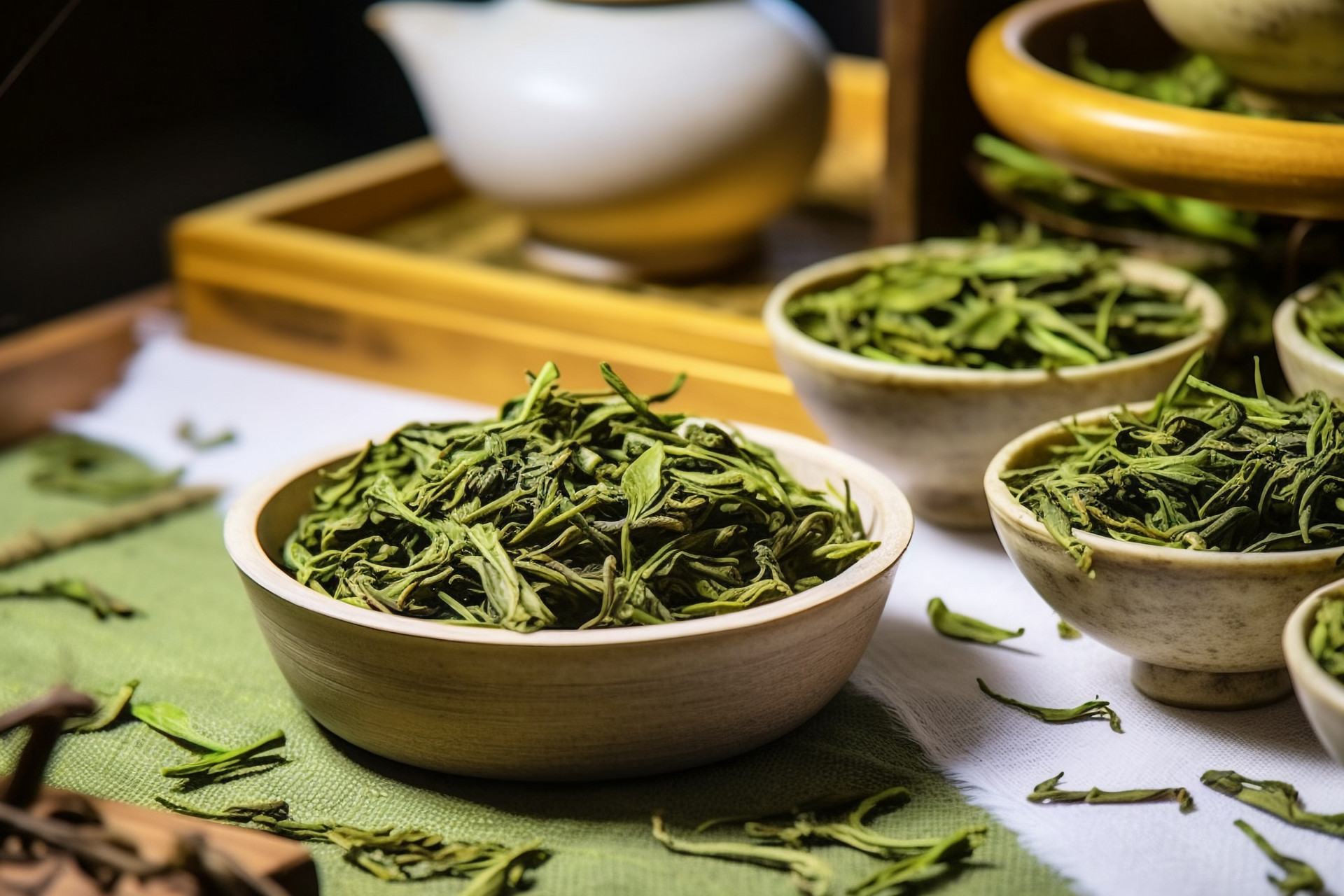
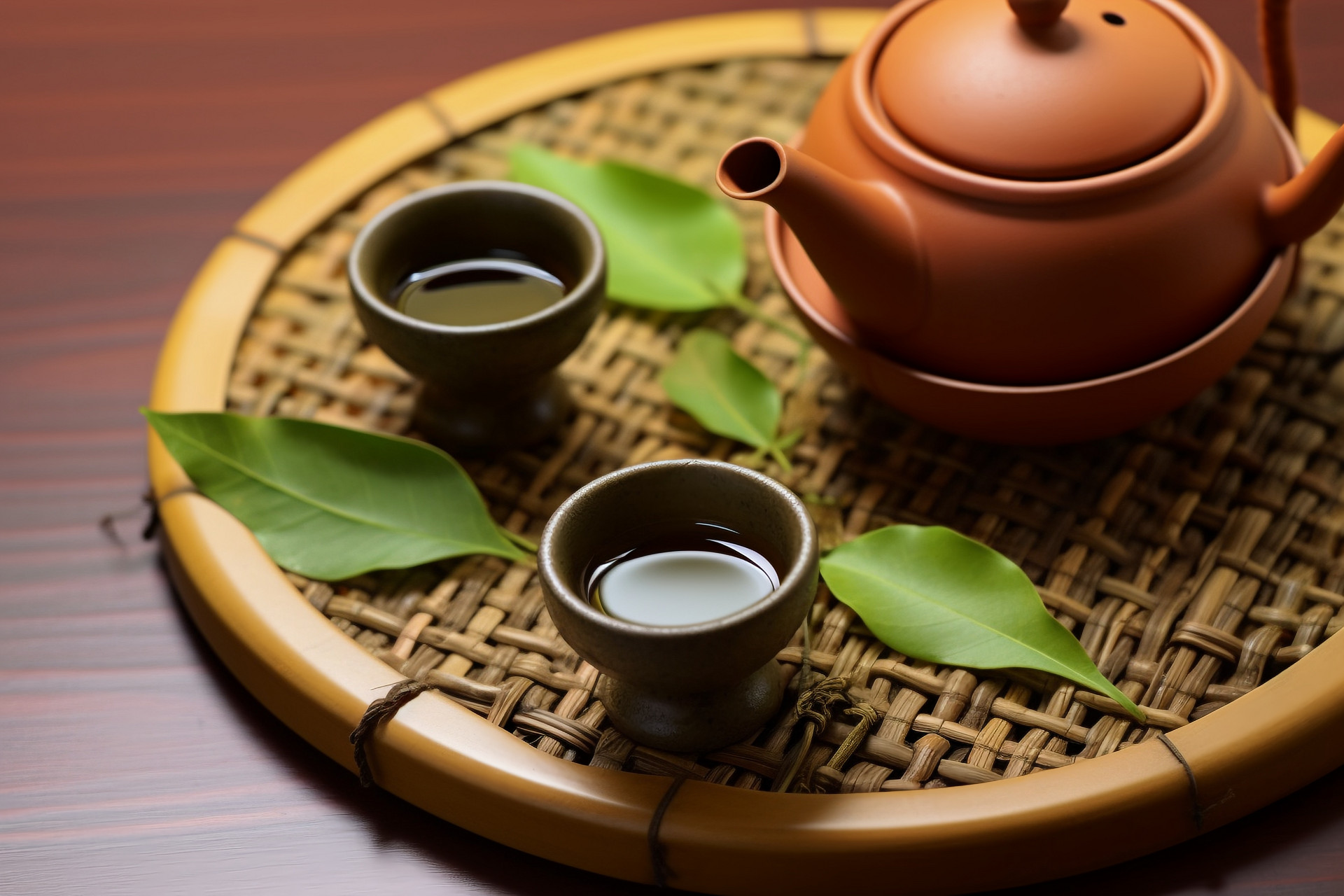
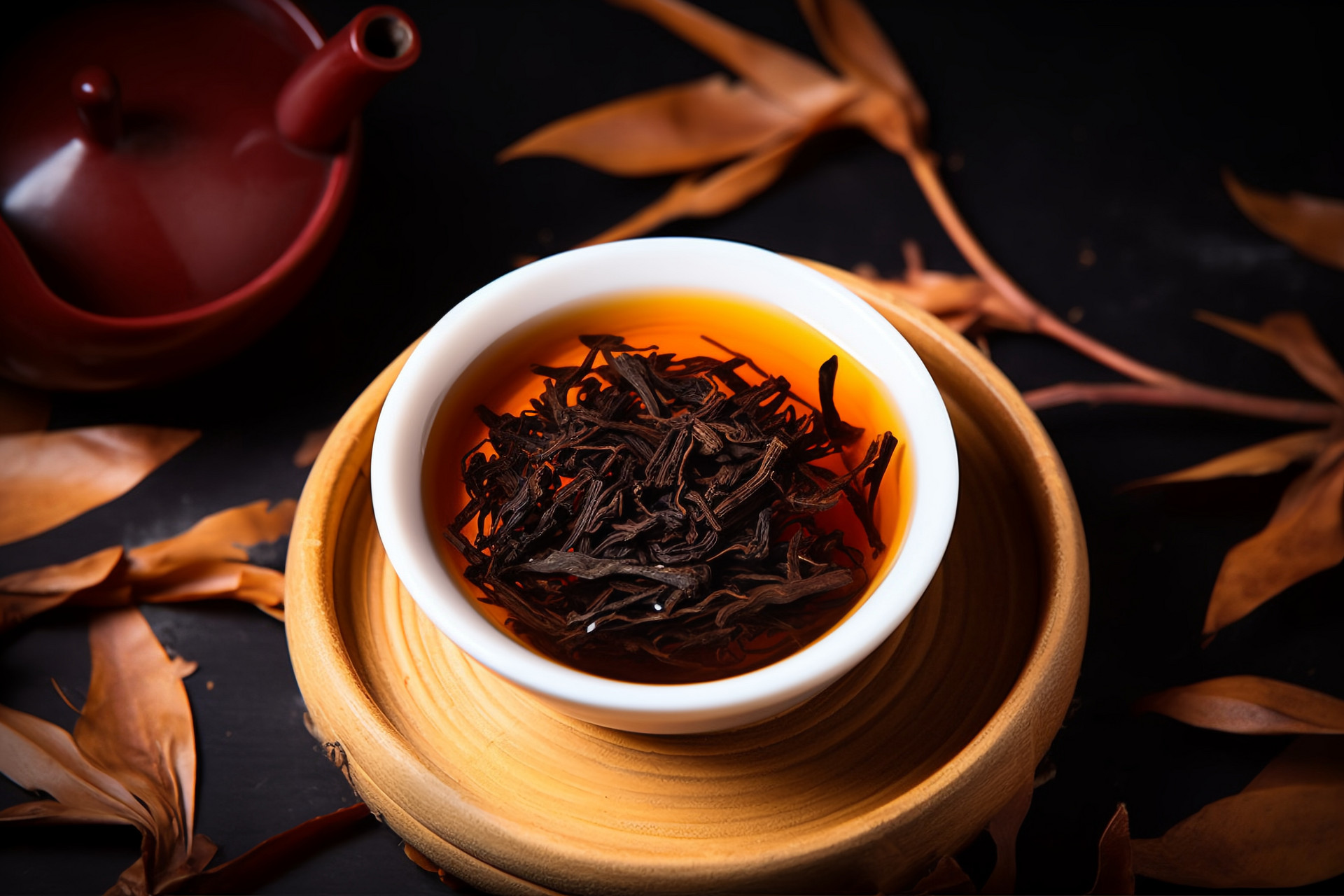
![[Herbal Wine Recipes for Health and Beauty]](https://tcmmaintenance.com/uploads/20240715/7241f6b6eafdaed88c28b26a37213964.jpg)